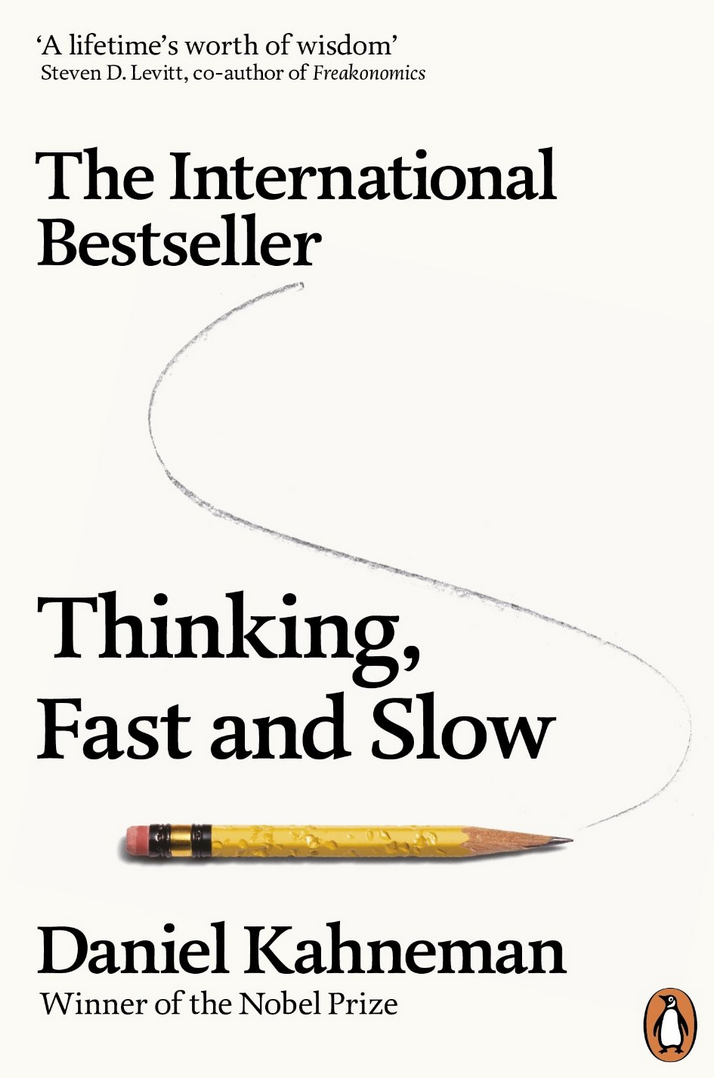Introduction
On the occasion of Daniel Kahneman's 80th birthday on March 5, 2014, Edge celebrated with a reprise of a number of his contributions to our pages. (See Edge Master Class 2007, "A Short Course in Thinking About Thinking"; Edge Master Class 2008, "A Short Course in Behavioral Economics"; Kahneman's talk on "The Marvels and Flaws of Intuitive Thinking" at the Edge Master Class 2011, "The Science of Human Nature."
In the first Edge Master Class, "Thinking About Thinking" (2007), Kahneman was the teacher and the students were the founders and architects of Microsoft, Amazon, Google, PayPal, and Facebook, i.e. the individuals responsible for rewriting our global culture. Why did Jeff Bezos (Amazon), Larry Page (Google), Sergey Brin (Google), Nathan Myhrvold (Microsoft), Sean Parker (Facebook), Elon Musk (Space X, Tesla), Evan Williams (Twitter), Jimmy Wales (Wikipedia), among others, travel to Napa that year, and again in 2008, to listen to Kahneman? Because all kinds of things are new. Entirely new economic structures and pathways have come into existence in the past few years: New ideas in psychology, cognitive science, behavioral economics, law, and medicine that take a new look at risk, decision-making, and other aspects of human judgment.
"Danny Kahneman is simply the most distinguished living psychologist in the world, bar none," writes Harvard psychologist Daniel Gilbert. "Trying to say something smart about Danny's contributions to science is like trying to say something smart about water: It is everywhere, in everything, and a world without it would be a world unimaginably different than this one."
"It's not an exaggeration to say that Kahneman is one of the most influential psychologists in history and certainly the most important psychologist alive today," adds Harvard research psychologist Steven Pinker. "He has made seminal contributions over a wide range of fields including social psychology, cognitive science, reasoning and thinking, and behavioral economics, a field he and his partner Amos Tversky invented."
His longtime colleague, (and co-teacher of the 2008 Edge Master Class, behavioral economist Richard Thaler, suggested that Edge follow up the birthday announcement by doing what it does best—asking Edgies who work in fields including, but not limited to, psychology, cognitive science, behavioral economics, law, and medicine a question.
For their responses to Thaler's question—"How has Kahneman's work influenced your own? What step did it make possible?"—we asked a select group of Edgeis to include inspired leaps off of Kahneman's shoulders, not just applications of his ideas. We used a comment made by Steven Pinker in the Q&A following Kahneman's talk at the 2011 Edge Master Class, as an example. Pinker said:
If somebody were to ask me what are the most important contributions to human life from psychology, I would identify this work [by Kahneman & Tversky] as maybe number one, and certainly in the top two or three. In fact, I would identify the work on reasoning as one of the most important things that we've learned about anywhere. When we were trying to identify what any educated person should know in the entire expanse of knowledge, I argued unsuccessfully that the work on human cognition and probabilistic reason should be up there as one of the first things any educated person should know.
One way to consider the long and illustrious career of a great thinker such as Kahneman is not as a summation, but as a commission, one that gives us permission to move forward in certain ways. (Think Newton's "If I have seen further it is by standing on the shoulders of giants.") As social psychologist Richard Nisbett noted, "It's not just a celebration of Danny. It's a celebration of behavioral science."
— John Brockman





